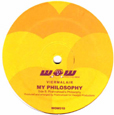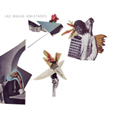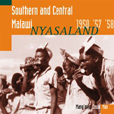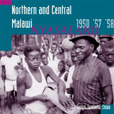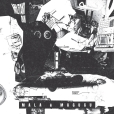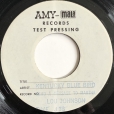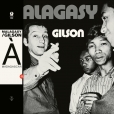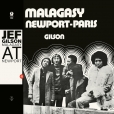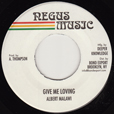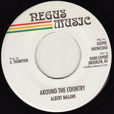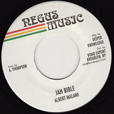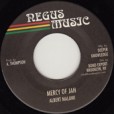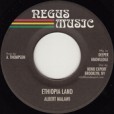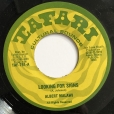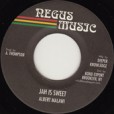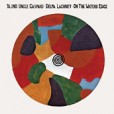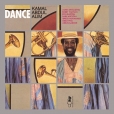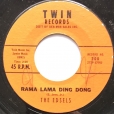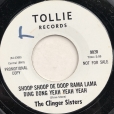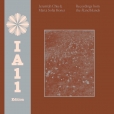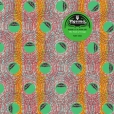Your basket is empty

‘one of the most charming idiosyncrasies I have heard all year… where truth is seized accidentally and musical shambles are sweet, virtuous and silly… like watching early Bunuel without subtitles’ (Plan B).
‘The bad influences’, from Bogota, with their third album for us: twenty-eight gorgeous variations of saudade, in a warmly acoustic, post-punk take on Tropicalismo — impromptu, snapshot and sublime.
The bangwe board zither, gourd kazoo big bands, tuned likhuba drum ensembles, virtuoso xylophone, a capella singing.
The bangwe zither, the one-stringed karigo lute, the kubu bow, the kalimba, malipenga gourd-kazoo marching music, choral and polyphonic singing.
Test pressing.
The fabulous, legendary LP originally issued by Lumen in 1972, born out of several visits to Madagascar by Gilson and fellow musicians from Paris, and their collaborations with musicians on the island.
Fittingly the first trip was on May 13 1968, the day of the general strike in France: this is tumultuous, insurgent, joyous, blisteringly swinging, outernational Malagasy jazz, including a a charged, unmissable The Creator Has A Masterplan, and Avaradoha, a composition by Madagascan saxophonist Serge Rahoerson (who leads this recording), which was the anthem of the rotaka protests in 1972, bringing down the neo-colonial First Republic of Madagascar. The closer showcases various traditional Madagascan percussion instruments, played by the same trio which that year recorded Le Massacre Du Printemps, Gilson’s avant-noise homage in memoriam of Stravinsky.
Hot.
Jef Gilson, Sylvin Marc and his cousin Ange Japhet, Del Rabenja, Gérard Rakotoarivony and Frank Raholison, blending together bebop, sub-Saharan roots and electric funk.
Requiem Pour Django, Dizzy 48 and Anamorphose — renamed Salegy Jef after this re-routing via Madagascar — rejuvenate Gilson compositions from the previous couple of decades. Newport Bounce is a reworking of Interlude, recorded by Gilson in 1969 with Philly Joe Jones. Le Newport was a club in rue Grégoire de Tours, Saint Germain des Prés.
Solid early-eighties Channel One, tooled to rock a dance, and till now played exclusively on dubplate by Jahlovemuzik.
Fragile, dignified performances by two of Cajun music’s finest and most unusual artists, originally released on 78 in the late 1920s. French vocals accompanied by guitar or fiddle, or sometimes both. Impeccable ballads and breakdowns. Old school tip-on cover.
Winston’s daughter, on a vintage Channel One rhythm; produced last year by Franklin ‘Steamers A Bubble’ Irving. Straight to the head of all nationalists and xenophobes.
With Idris Muhammad, Bobby Watson and James Spaulding in 1983 (when the trumpeter was gigging for Archie Shepp and Frank Wright). Glowing, spiritual jazz, featuring the jazz dance classic Brotherhood.
Jeremiah Chiu, Marta Sofia Honer
Recordings from the Aland Islands
International Anthem Recording Co.
Intensely evocative, meditative duets by modular synthesizer and viola, interwoven with field recordings — birds, the sound of forests — encapsulating sojourns on the Åland archipelago in the Baltic Sea, between Sweden and Finland.
A fabulous survey of early Congolese recordings, 1948-1963.
We can’t recommend it strongly enough.
